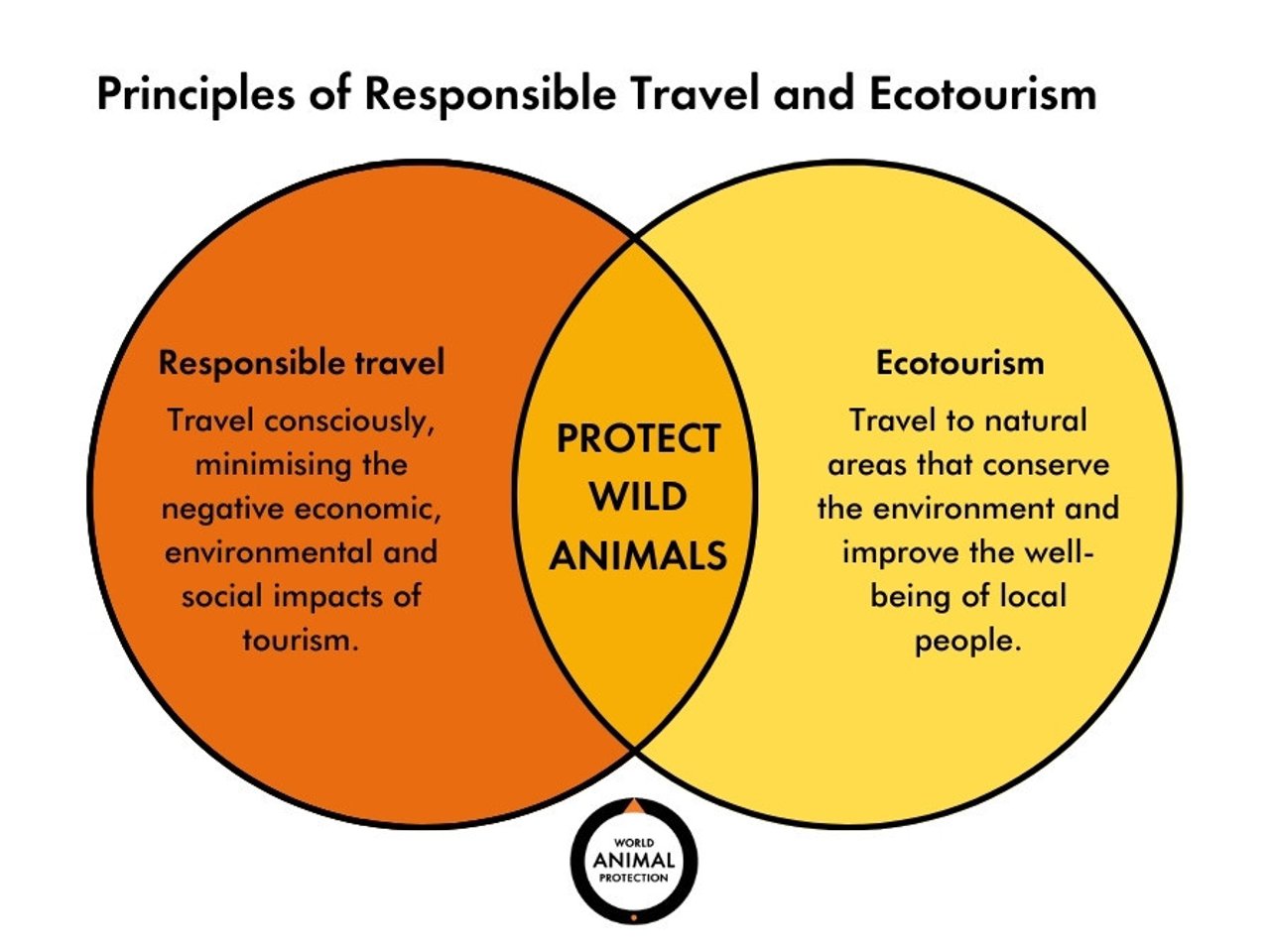Nature tourism vs. Ecotourism: Navigating the Spectrum of Sustainable Travel
The allure of the natural world has long drawn travelers seeking respite from urban life and a connection with something larger than themselves. From the soaring peaks of mountain ranges to the vibrant depths of coral reefs, the planet offers a tapestry of experiences that ignite wonder and inspire exploration. However, as tourism grows, the need to understand the nuances between nature tourism and ecotourism becomes increasingly vital. While both involve engaging with natural environments, their underlying philosophies and impacts differ significantly. This article delves into these distinctions, exploring the characteristics, benefits, and challenges of each, ultimately advocating for a more conscious and responsible approach to travel.
To differentiate between nature tourism and ecotourism, we must first establish their fundamental definitions:
Nature Tourism

Nature tourism is a broad term encompassing any travel activity centered around experiencing natural environments. This can include activities like wildlife viewing, hiking, visiting national parks, and scenic drives. The primary motivation for nature tourism is often recreation, relaxation, and aesthetic appreciation. While it may contribute to local economies, it doesn’t necessarily prioritize environmental conservation or the well-being of local communities.
Ecotourism
Ecotourism, on the other hand, is a more specific and ethically driven form of nature tourism. It is defined by its commitment to:
Minimizing environmental impact: Ecotourism seeks to reduce the negative effects of tourism on natural ecosystems.
Ecotourism is not just about visiting a natural area; it’s about doing so in a way that leaves a positive footprint.

The differences between nature tourism and ecotourism manifest in several key areas:
Environmental Impact
Nature Tourism: Can lead to habitat degradation, wildlife disturbance, and pollution due to uncontrolled visitation and a lack of focus on sustainability. Mass nature tourism creates tremendous pressure upon natural enviroments.
Conservation Efforts
Nature Tourism: May contribute to conservation through park entry fees, but its primary focus is not on direct conservation initiatives.
Community Involvement
Nature Tourism: Can sometimes lead to exploitation of local resources and limited economic benefits for communities.
Educational Component
Nature Tourism: May offer limited educational opportunities about natural environments.
While ecotourism holds immense potential, its successful implementation faces several challenges:
“Greenwashing”
Balancing Conservation and Development
Ensuring Community Empowerment
Monitoring and Evaluation
When implemented effectively, both nature tourism and ecotourism can offer significant benefits:
Economic Contributions
Conservation Funding
Cultural Exchange
Personal Growth
In a world facing increasing environmental challenges, it is imperative to shift toward more responsible and sustainable forms of travel. This requires:
Increased Awareness
Stronger Regulations
Community-Based Initiatives
Responsible Consumer Choices
Conservation Investments
By embracing the principles of ecotourism, we can transform tourism from a potential threat to a powerful force for conservation and community empowerment. It is vital to preserve our planets natural enviroments, and if done correctly, Tourism can be a excellent way to do just that.



